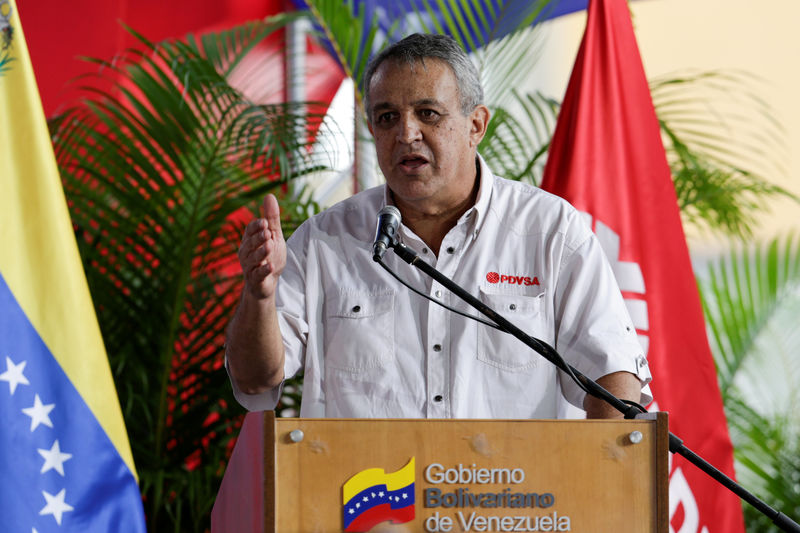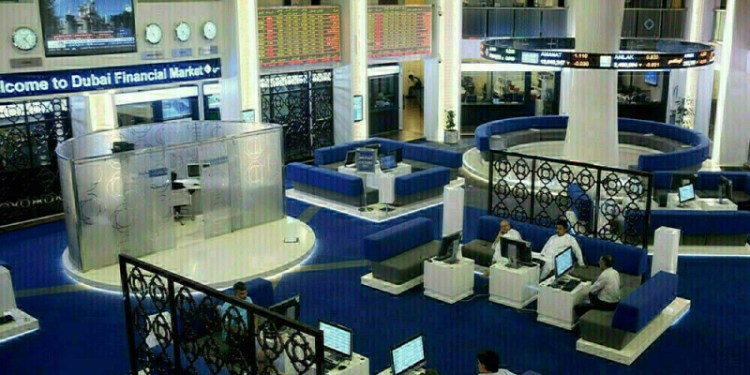 © Reuters. FILE PHOTO: President of Venezuelan state oil company PDVSA Eulogio del Pino speaks during the swear in ceremony of the new board of directors of Venezuelan state oil company PDVSA in Caracas
© Reuters. FILE PHOTO: President of Venezuelan state oil company PDVSA Eulogio del Pino speaks during the swear in ceremony of the new board of directors of Venezuelan state oil company PDVSA in CaracasBy Alexandra Ulmer and Deisy Buitrago
CARACAS (Reuters) – Venezuelan authorities have detained two once-powerful officials who had both run the oil ministry and state oil company PDVSA as a part of a deepening anti-corruption purge, three people familiar with the situation said on Thursday.
It was not immediately clear why Eulogio Del Pino and Nelson Martinez, who have held both posts at different times recently, were in custody.
One source in PDVSA said it appeared they were taken for questioning, while another company official said they were “implicated” in the graft investigation.
Their detention is the biggest development to date in a months-old probe at the Organization of the Petroleum Exporting Countries member.
Venezuela’s Information Ministry, PDVSA, and the Oil Ministry did not immediately respond to requests for comment.
State prosecutor Tarek Saab was due to hold a news conference to announce new arrests later on Thursday.
Sources within the industry say President Nicolas Maduro is using the graft purge to sideline political rivals and consolidate his grip on a sector that brings in more than 90 percent of the cash-strapped country’s export income.
The two men, both widely seen as capable executives, had been removed from their posts on Sunday and replaced by a major general, giving the already powerful military further clout, albeit in a sector reeling from under-investment and sliding output.
Attention is also on Rafael Ramirez, who was Venezuela’s oil czar for a decade and under whom both Del Pino and Martinez ascended. Maduro fired him from his job as representative to the United Nations on Tuesday, according to sources with knowledge of the information, and summoned him back to Caracas.
Fusion Media or anyone involved with Fusion Media will not accept any liability for loss or damage as a result of reliance on the information including data, quotes, charts and buy/sell signals contained within this website. Please be fully informed regarding the risks and costs associated with trading the financial markets, it is one of the riskiest investment forms possible.
Source: Investing.com




























